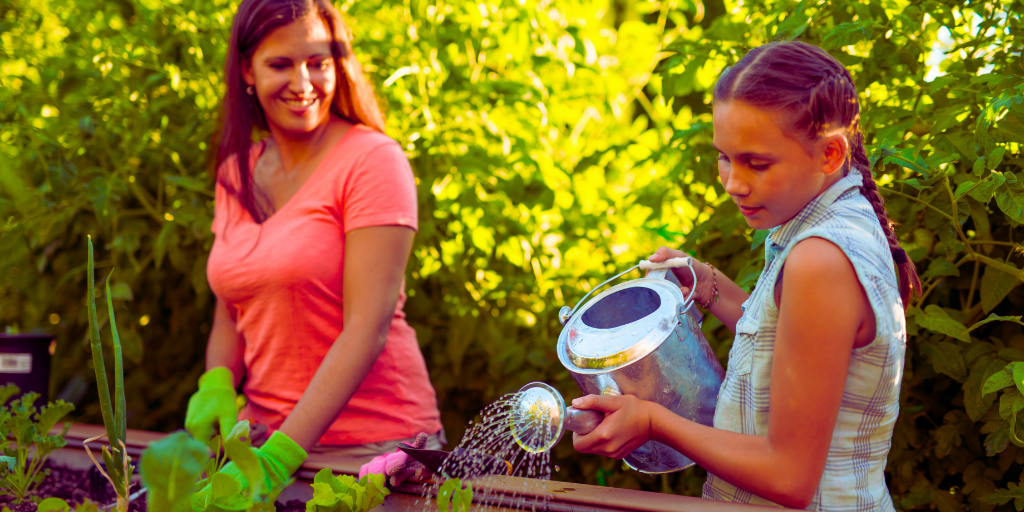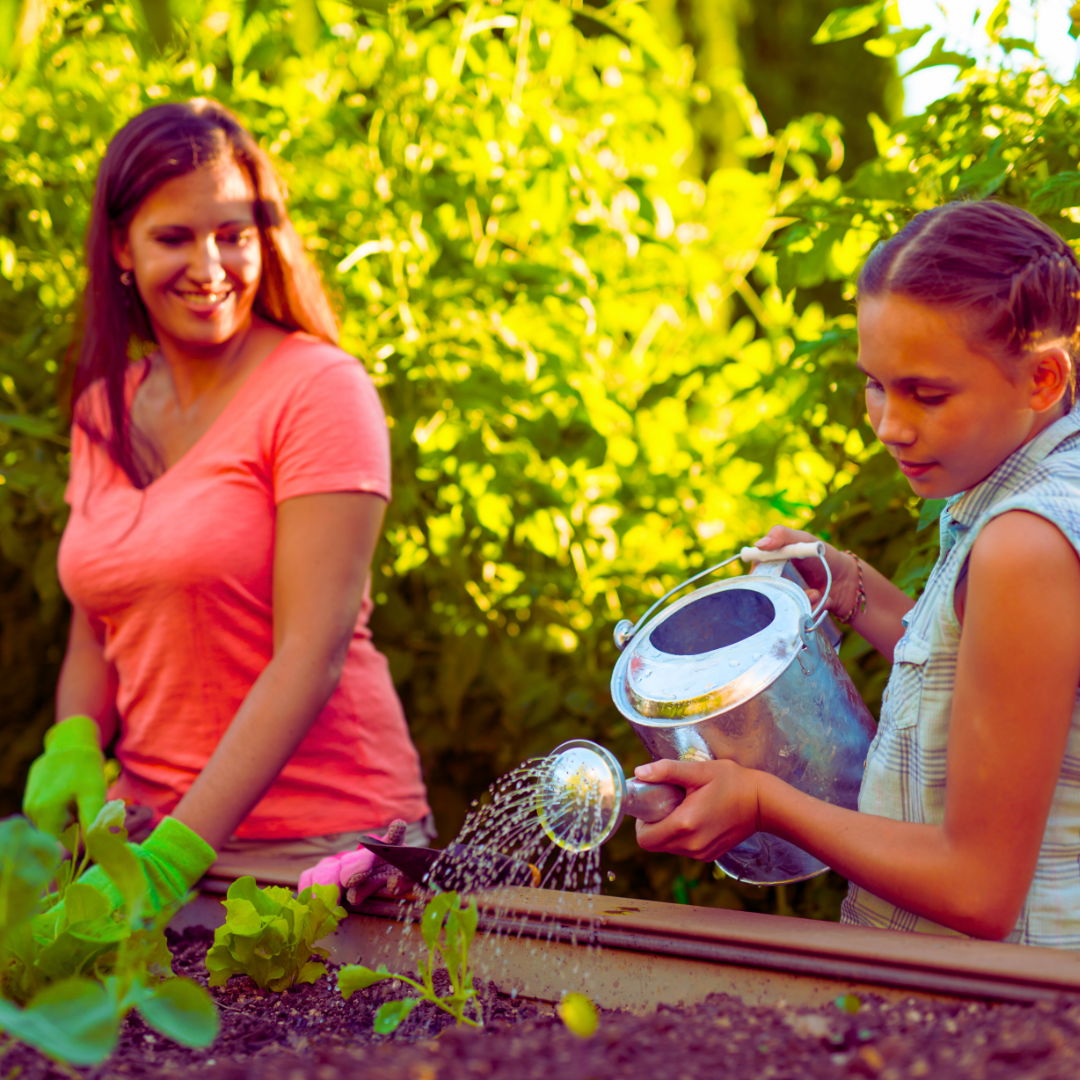
Amanda Woodiel contemplates how work is part of the way God ordered the world, and how our work can transform the world—and ourselves.
Our pastor gave a series of talks about sloth during Lent this year. Sloth is one of the seven capital sins, which are so called because from these “head” sins all other sin flows forth. I had always thought of sloth as laziness, but one of the ways they defined it was as a “reluctance to do the hard things of life.” This reluctance is manifested as dread, flight, willful distraction, procrastination, or despair (giving up). I am familiar with them all.
Work, our priest told us, was part of God’s plan from the beginning. There was work before the Fall. Perhaps you knew this, but I didn’t. I suppose had I really thought about it, I would have pictured Adam and Eve skipping through the garden singing songs and lounging under fruit trees. Not so. They were given the task of tending the garden. No, what entered the world after the fall was toil. Work no longer was purely pleasurable; in fact, with concupiscence, the inclination toward sin, it became largely unpleasant.
Part of the work of the Christian, then, is to redeem the world through our work. This means not only what kind of work we do (works of mercy, for example, or providing for a family), but also the way in which we approach work. Work is not bad, something to be avoided. It’s part of God’s order, and the need to employ our bodies and minds are an integral part of the way God designed humans. “Our work transforms the world,” said our priest. “But more importantly than even that, it transforms us.”

The work that I find so toilsome is the work that must be done again and again, relentlessly. We have five kids, and when the youngest was born, the oldest was only seven. For nearly every single day for well over a decade now (excepting Sundays), we have cooked, washed, put away, sorted, washed, folded, picked up, given away, shuffled clothes in season and out of season and down the line, and swept. Some days it has been enjoyable. Many days it has been toil, and I have not redeemed the toil by gratitude and perseverance.
A sign hangs in my kitchen with a quote from St. Teresa of Calcutta:
Wash the plate, not because it is dirty, nor because you were told to wash it, but because you love the person who will use it next.
This is the way to redeem toil—with love. We work out of love. Out of love for our Lord, love for our neighbor, and love for our own souls. Sloth is the reluctance to do the hard things, but perfected love makes us eager to work.
With older kids, the household tasks are largely in hand, so lately I’ve been trying to rein in the flower beds. The woman from whom we bought this house over two years ago was an avid flower gardener, and I picture her shuddering every time she drives by her old house. I find God’s grace in the early springtime flower beds when everything has died down and I have a renewed chance, yet again, to strike at the heel of all those weeds. This year we dug out at least 100 gallons of thistles, and when I went out to check the beds again, I found one hundred more thistles with their ugly heads poking through the thick layer of mulch we had laid.

How very like the capital sins do those thistles seem to be! I think I have them plucked out of my life; I confess them in the confessional, but until I really get every last bit of it, every root hair, it springs up again in my life—this time in a different place, maybe in a slightly different form. Just as I must not give into sloth regarding the physical work given to me, it is even more imperative that I don’t give into spiritual sloth and give up trying to root out the sins of my life.
If ever I’m tempted to, I have a morality tale in my garden to remind me. Whereas last year I had scores of luscious red strawberries, this year I have marauding thistles in my strawberry plants. Last year we delighted in bowls upon bowls of scarlet berries, and this year, I’ve tasted … one. That’s what comes of physical sloth and spiritual sloth—the goods are overtaken and choked out by neglect.
We must resist sloth, the reluctance to do hard things, because work changes our souls. It combats that old concupiscence, making way for love. Discipline of the body must need lead to discipline of the soul because we are both material and spiritual creatures. So the next time you are tempted to flee, to willfully distract yourself, to procrastinate, or to despair over the hard things of life, ask Mother Mary, the woman who crushed the head of the serpent, the mother of Love, to help you, and dig in.

Copyright 2023 Amanda Woodiel
Images: Canva
About the Author

Amanda Woodiel
Amanda Woodiel is a Catholic convert, a mother to five children ages 14 to 6, a slipshod housekeeper, an enamored wife, and a “good enough” homeschooler who believes that the circumstances of life—both good and bad—are pregnant with grace. Her oldest son was diagnosed with cancer in the summer of 2022, which is providing plenty of opportunities to test that hypothesis.


.png?width=1806&height=731&name=CatholicMom_hcfm_logo1_pos_871c_2728c%20(002).png)
Comments